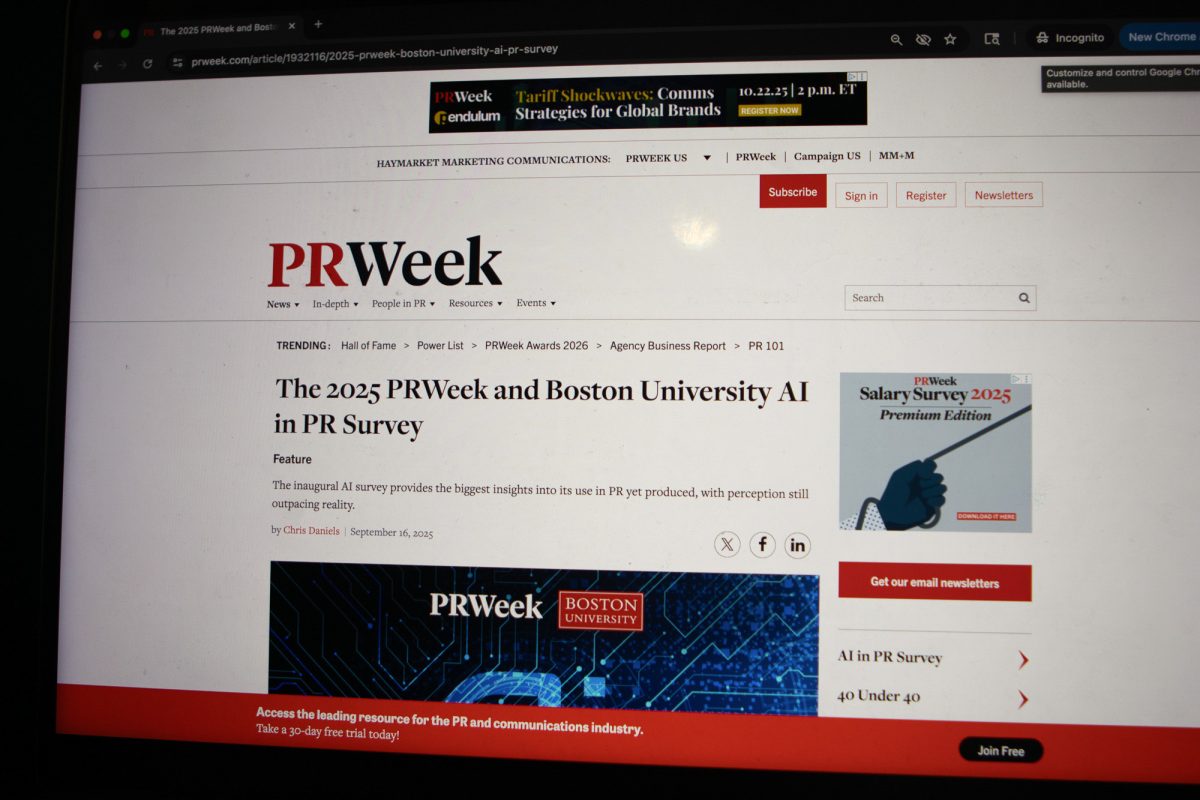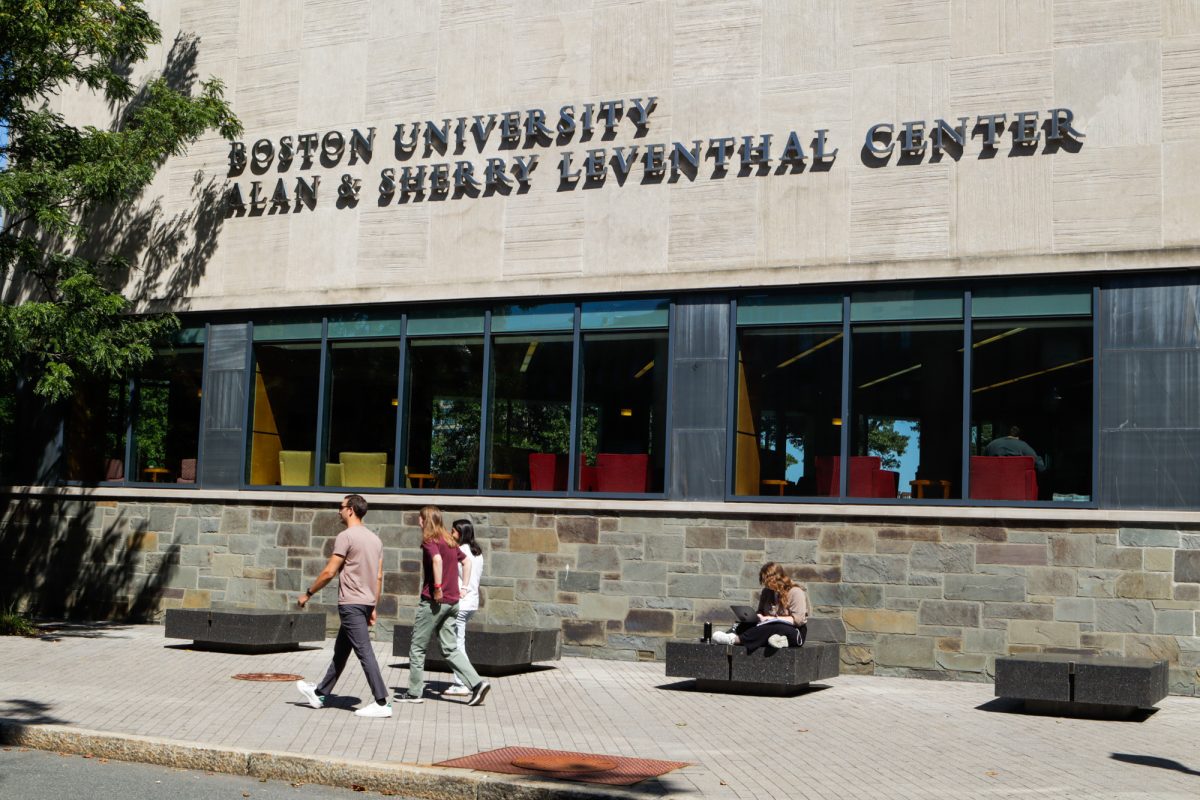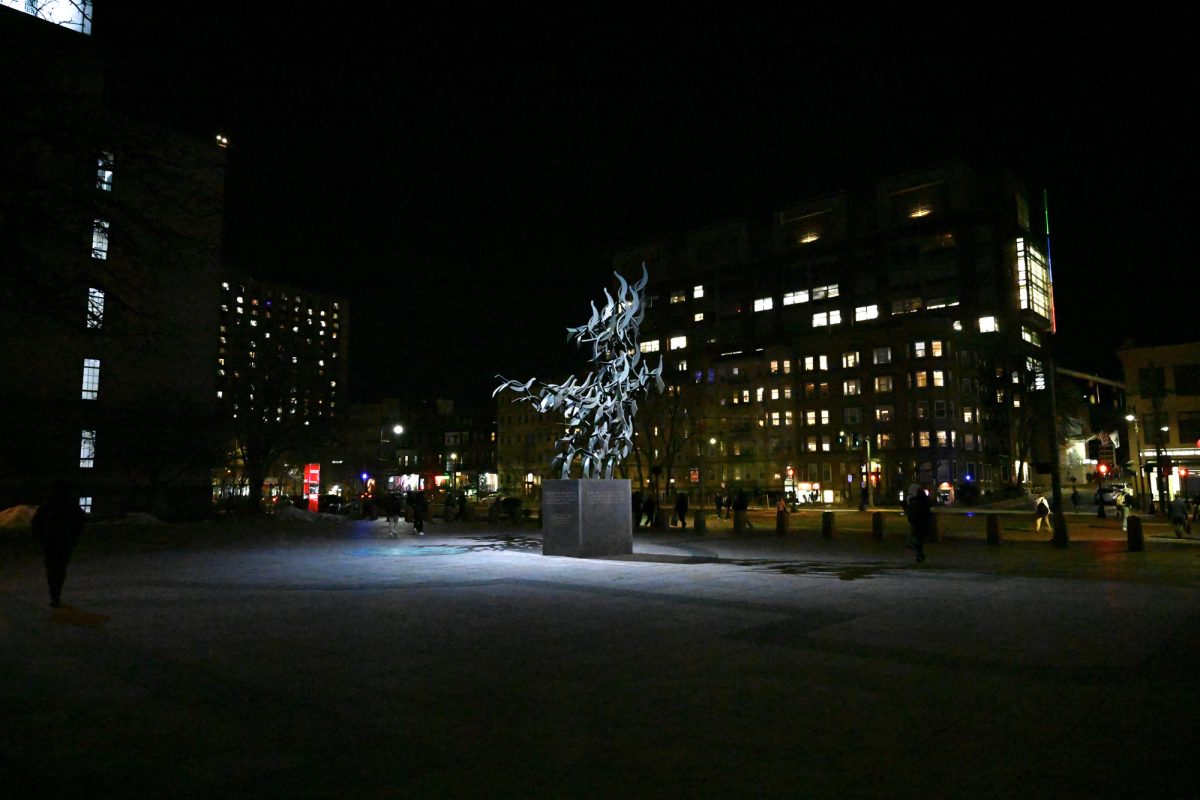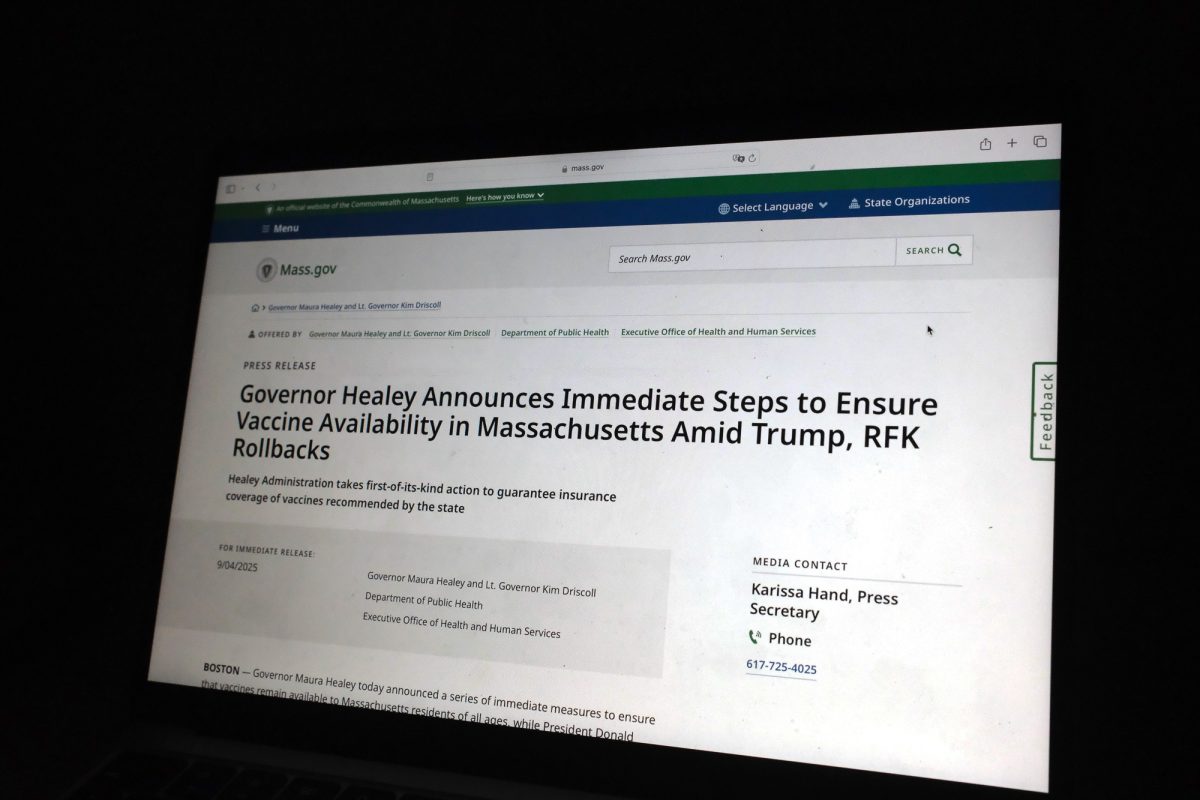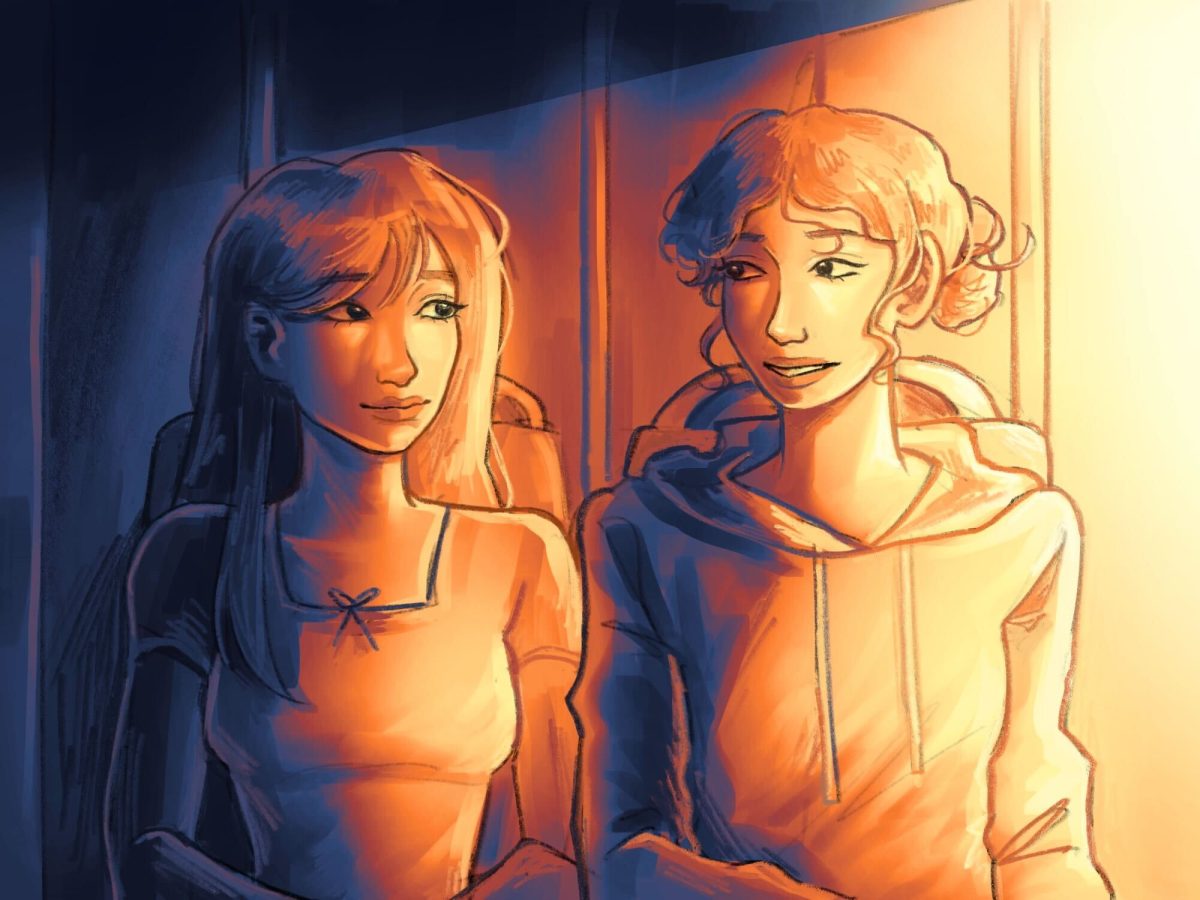Arsla Jawaid, a member of Boston University’s Organization of Pakistani Students, was asleep in California on Dec. 27 when her friend sent her a text message to tell her Pakistani opposition leader Benazir Bhutto had been assassinated.
“I just jumped out of bed and turned on the TV,” Jawaid, a College of Arts and Sciences sophomore, said. “My first reaction was ‘What now?'”
Like Jawaid, many BU Pakistani students said they were shocked by Bhutto’s assassination. Bhutto, a former prime minister and leader of the Pakistan People’s Party, was campaigning for the parliamentary elections and speaking about bringing democracy to the country when she was killed on Dec. 27. OPS members said they are worried about the effect her death will have on the political future and stability of their home country.
“[Bhutto’s death] has everything to do with the future,” OPS member Armughan Syed said. “Everyone thought she would bring the wave of change.”
Syed, a CAS senior, said he spent the first 14 years of his life in Pakistan and still has family there. He said he visits once a year.
Jawaid, whose parents live in Karachi, Pakistan, said she was worried by the wave of violence and rioting that swept across the country after the assassination. She said she came to the United States for college, but intends to return to her native country after graduating.
“You saw these people on the news burning banks and throwing stones into hospitals,” Jawaid said. “I was so scared. I couldn’t get through to anyone.”
Some BU Pakistani students said they were not supportive of Bhutto regaining political power. Before her return to Pakistan, Bhutto spent eight years in self-imposed exile after her government was dismissed for the second time on charges of corruption.
“I don’t think she was that effective of a leader,” OPS member Farva Bilgrami said. “I think she was a lot more talk than action.”
Bilgrami said she moved to the United States when she was 16, but remains a Pakistani citizen and still calls the country home.
CAS junior Danial Khan, an OPS member who calls home Lahore, Pakistan, said the recent wave of anti-government protests gave him hope for his country’s future.
“This is like a watershed moment in Pakistan’s history,” Khan said.
“For the first time people are realizing what’s wrong and standing up against it,” he said.
Bilgrami said that, despite her worries about Pakistan’s future, she plans on moving back there after college.
“I want to make a difference there,” Bilgrami said. “With or without its problems, it’s still home for me.”
Husain Haqqani, one of Bhutto’s former advisors and a BU international relations professor, will speak at an OPS sponsored event on the current political situation in the Photonics Center, Jan. 28. Haqqani also once served as the Pakistani ambassador to Sri Lanka.

